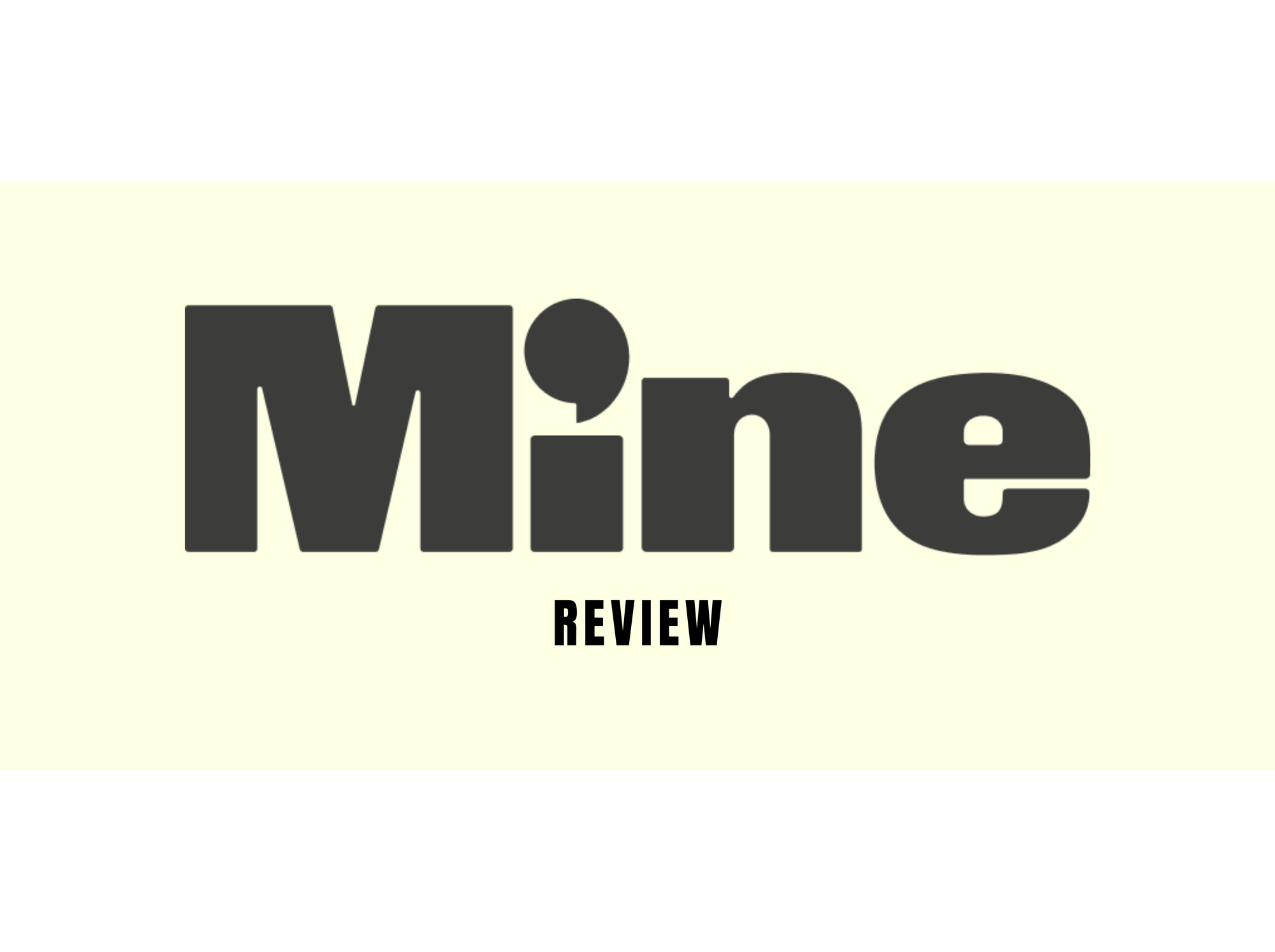9 Fees to Never Pay a Car Dealership
Avoid hidden car dealership fees with this guide to 9 charges you should question or skip; save money and avoid common tricks when buying a car.

Buying a car is exciting, but let’s be honest, it can also feel like navigating a minefield of hidden costs and confusing fees. One moment you're negotiating the vehicle's price, and the next you're staring at a breakdown of charges that seem to come out of nowhere.
The truth is, many dealerships pad the final price with fees that are questionable at best and completely avoidable at worst. Understanding which ones to push back on can save you hundreds, or even thousands, of dollars.
Here are 9 fees to never pay a car dealership (or at the very least, question before you agree to them).
1. Dealer Prep Fees
What it is: This charge supposedly covers the dealership’s cost to clean, inspect, and prepare your vehicle for pickup.
Why you shouldn’t pay it: Most manufacturers already pay dealerships to handle this as part of their franchise agreement. So, if you're being charged for it again, it’s essentially double billing.
What to do: Ask for it to be removed. If the dealer insists it’s non-negotiable, treat it as a red flag; either negotiate a lower vehicle price to offset it or consider walking away.
2. Advertising Fees
What it is: Some dealers add “regional advertising fees” or “marketing fees” to offset their advertising expenses.
Why you shouldn’t pay it: Advertising is a standard business cost and should already be factored into the price of the car. Charging the customer directly is unnecessary.
What to do: Politely ask the salesperson to explain it, then request its removal. If they refuse, negotiate a lower vehicle price to counterbalance the charge.
3. VIN Etching Fee
What it is: VIN etching involves inscribing your vehicle’s identification number on the windows to deter theft.
Why you shouldn’t pay it: While useful in some cases, it’s often marked up 500–1000% at the dealership. DIY kits and insurance company programs offer the same service for far less, typically under $30.
What to do: Ask if it’s optional. If it’s already been done, request a discount or compensation elsewhere in the deal.
4. Paint and Fabric Protection
What it is: A dealer-applied coating to “protect” your vehicle’s exterior paint or interior fabric from wear and tear.
Why you shouldn’t pay it: New cars are already built with durable paint and stain-resistant fabrics. This service rarely provides enough benefit to justify the markup, sometimes several hundred dollars.
What to do: Decline this service and consider applying your own protectant or taking the car to a local detailer if you're concerned about long-term care.
🚗 Compare Car Insurance & Save 🚗
Find your best rate in minutes. Compare quotes from Progressive, Travelers, Nationwide, and 50+ providers — all in one place. Stop overpaying and start saving today.
Get Your Free QuoteFast. Secure. No obligation.
5. Market Adjustment Fees
What it is: A markup the dealership adds above MSRP, usually during times of high demand or low supply (think: new model releases or supply chain shortages).
Why you shouldn’t pay it: It’s not a manufacturer requirement; it’s purely profit for the dealership. While they may be common in competitive markets, they’re not set in stone.
What to do: Try negotiating or looking for the same model at another dealership. Paying a premium now can cost you down the road in resale value.
6. Extended Warranties (Without Shopping Around)
What it is: A service contract that extends coverage beyond the manufacturer's warranty period.
Why you shouldn’t pay dealership prices: Dealerships often overcharge for extended warranties and tack them onto your financing without fully explaining the terms.
What to do: Compare third-party options before committing. If you do want the warranty, negotiate its price just like you would the car itself, and make sure you understand what’s covered and what’s not.
7. Documentation Fees (Over a Certain Amount)
What it is: A charge for handling paperwork and processing your title, registration, and other forms.
Why you shouldn’t pay too much: Dealers are allowed to charge doc fees, but these vary widely by state. Some states cap them at $100 or less, while others don’t regulate them at all, leading to fees upward of $500.
What to do: Look up your state’s laws on doc fees. If the fee is unusually high, ask for a price reduction elsewhere in the deal to balance it out.
8. GAP Insurance (From the Dealership)
What it is: Guaranteed Asset Protection (GAP) insurance covers the difference between your loan amount and the car’s value if the car is totaled or stolen.
Why you shouldn’t buy it from the dealer: While GAP insurance is a smart idea for some buyers (especially those with small down payments or long loan terms), dealerships often mark it up significantly. You can usually get the same protection through your auto insurance provider or lender for a much lower cost.
What to do: Before agreeing to buy it from the dealer, call your insurer and compare quotes. If you need GAP coverage, get it where it’s most affordable.
9. Dealer Add-Ons You Didn’t Ask For
What it is: These are extras like wheel locks, window tint, nitrogen tire fill, door guards, or cargo nets that are already installed on the vehicle.
Why you shouldn’t pay for them blindly: They’re often added after the car arrives at the dealership, and many buyers don’t know they’re optional. The problem is, they’re rarely worth what the dealer is charging for them.
What to do: Ask for a breakdown of installed add-ons and see what you can remove. If they won’t take them off, use them as leverage to negotiate a lower total price.
Final Thoughts
Car dealerships are known for making most of their profits after you’ve agreed to the sticker price. These added fees and extras often show up late in the sales process, when buyers are tired, excited, and more likely to say “yes” just to get it over with.
But that’s exactly when you need to slow down.
When reviewing the paperwork, don’t be afraid to ask questions. Get clarification. And most importantly, walk away if you feel pressured or unsure.
By learning which charges to question, you’ll protect your wallet and walk away with a better deal.
FAQs About Fees to Never Pay a Car Dealership
1. Can you refuse to pay dealer fees?
Yes, many dealer fees are negotiable or optional. Charges like dealer prep, advertising fees, add-ons, and even documentation fees (depending on your state) can often be waived or reduced. Don’t be afraid to ask for a breakdown of all fees and question anything that seems inflated or vague. If the dealership is unwilling to negotiate, be prepared to walk away; there are always other options.
2. What is a red flag in a car dealership?
Some common red flags include high-pressure sales tactics, vague or hidden fees, refusing to let you take paperwork home to review, and being unwilling to break down line-item charges. Another warning sign is when a dealer insists certain fees are “mandatory” without a clear explanation. If you feel rushed, confused, or manipulated during the process, trust your gut and consider shopping elsewhere.
3. What not to say to a dealer?
Avoid revealing too much personal information early in the process. Don’t say things like:
- “I love this car” — it gives away your emotional investment.
- “I’m paying cash” — some dealers prefer financing because they profit from loan arrangements.
- “I need to be under $___ per month” — they may manipulate the financing to hit that number while padding the loan term or interest. Instead, focus on negotiating the total price of the vehicle first.
4. How do I avoid hidden fees when buying a car?
Start by asking for an out-the-door price early on. This includes all fees, taxes, and charges, so there are no surprises later. Request a detailed fee breakdown in writing, and compare it with what’s common in your state. Doing your research ahead of time, like knowing what doc fees are capped at in your area, will help you push back on anything unreasonable.
5. Is it better to get financing through the dealership or a bank?
Often, it’s better to get pre-approved through your bank or credit union before visiting the dealership. This gives you a baseline interest rate and lets you shop with more confidence. Dealership financing can sometimes offer competitive rates, but they may also mark up rates for additional profit. Compare offers side by side and don’t hesitate to let the dealer know you’ve already secured outside financing; it gives you leverage.


